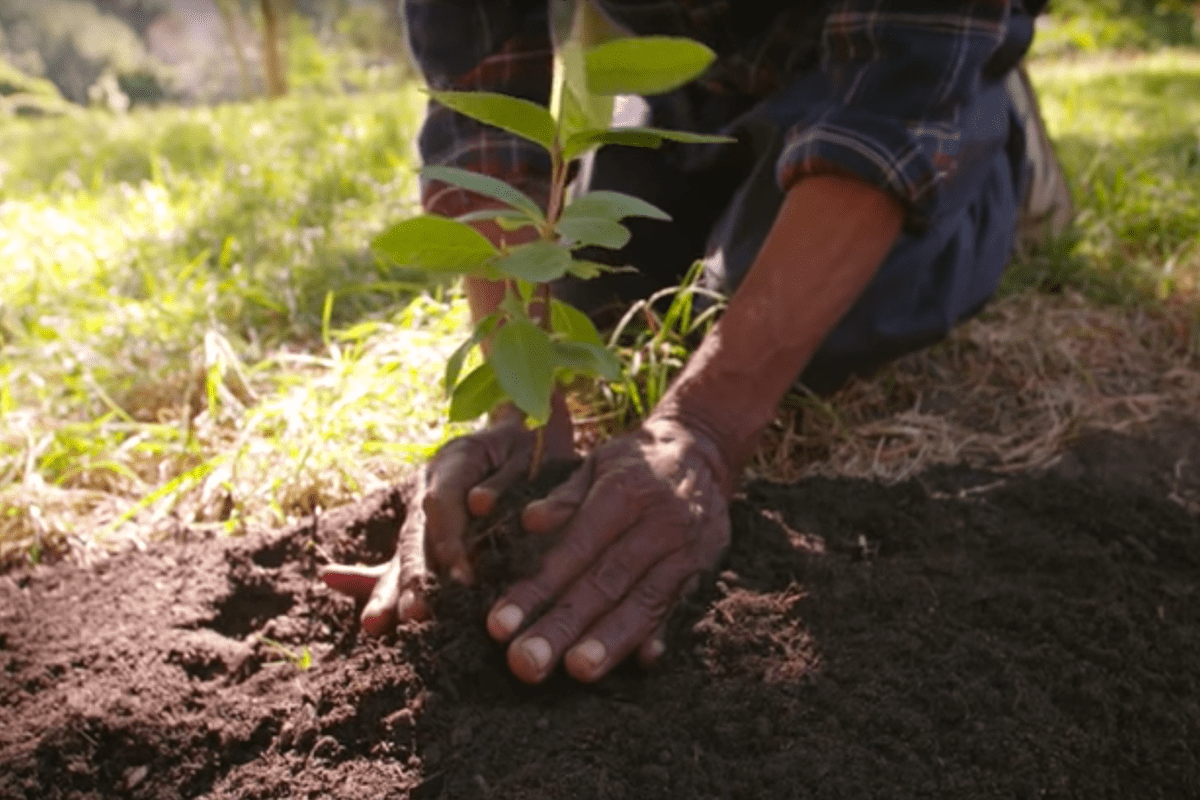GDP Is a Good Answer to the Wrong Question
By Nick Seaver, May 5, 2016

Imagine you’re tasked with both eliminating hunger in your country and driving up economic productivity. You buy up all the livestock in the country for slaughter, and you harvest all the cabbage and potatoes you can find. You pay the farmers and then sell and distribute the meat and vegetables and feed the entire country for three days.
And with that, you declare success: You’ve met your goal of eliminating hunger and seen a burst of economic activity.
Then, on the dawn of day four you realize there is no more food. Pretty soon, hunger will have returned—and you no longer have the resources to produce more to eat, and farmers have no means of income. By the time you hit day 50, things are far worse.
On its face, this is clearly a short-sighted plan.
And yet it’s not all that different from using Gross Domestic Product (GDP), which is the value of the goods and services a nation produces, to demonstrate economic “success” or well-being. GDP is merely a snapshot of a moment in time and ignores other factors that affect a country’s well-being in the short and long term—including environmental health and sustainability, inequality and education. This could have dire consequences for future generations.
This is what economist Sir Partha Dasgupta, this year’s Tyler Prize for Environmental Achievement, argues. If we want to understand the well-being of a country, we need to stop asking how much each country has produced economically, and start asking this: “How is each country—and its people—doing, and can they maintain this trajectory?”
Sir Partha advocates for a new model for measuring a country’s economic success. He argues that governments should measure their “inclusive wealth,” which includes not only the value of a country’s tools for production (e.g., roads, buildings and factories) but also education, the health of its citizens and the health of its environment. If a country’s inclusive wealth grows faster than its population, future generations in that country will have a higher quality of life. (This cannot be said for GDP!)
For this work, along with his collaboration with ecologists, nutritionists, development experts, anthropologists and countless other experts around the world, Dasgupta won this year’s Tyler Prize for Environmental Achievement, the premier international award for environmental science, environmental health and energy. He’s the first economist in 43 years to win the Tyler Prize, and we’re pretty excited about it.
You will be, too, once you’ve had a chance to meet him (check out the video below) and learn more about this work (which you can do here and here).
